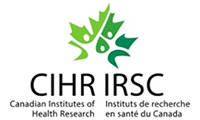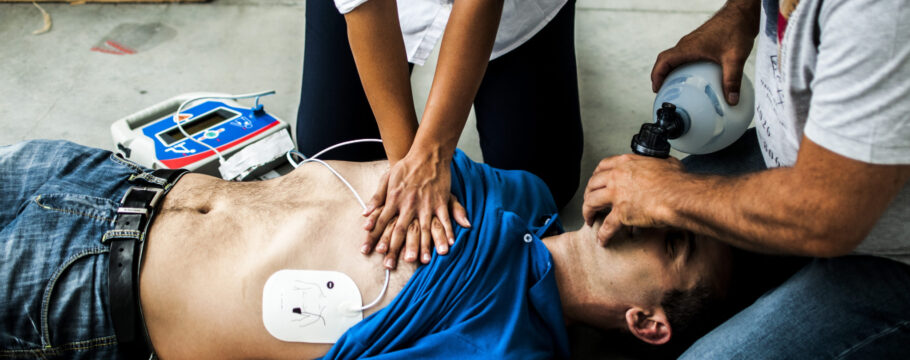Who are we?
EpiDOSE is an acronym for the Epinephrine Dose: Optimal versus Standard Evaluation clinical trial.
It is a randomized controlled trial initiated by Dr. Paul Dorian and Dr. Steve Lin at St. Michael’s Hospital, in collaboration with physicians and paramedics in Ontario and British Columbia. The study is funded by the Canadian Institutes of Health Research, Canada’s federal funding source for health research. Meet our team here.




